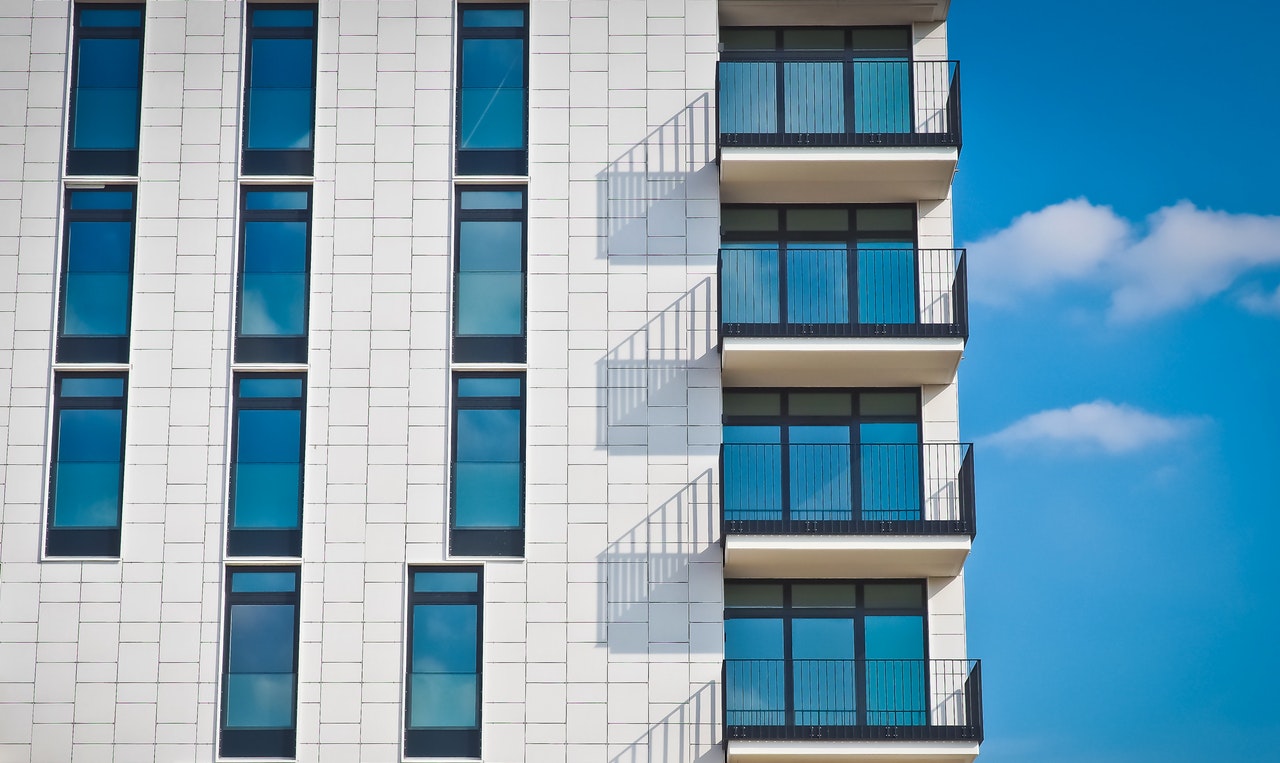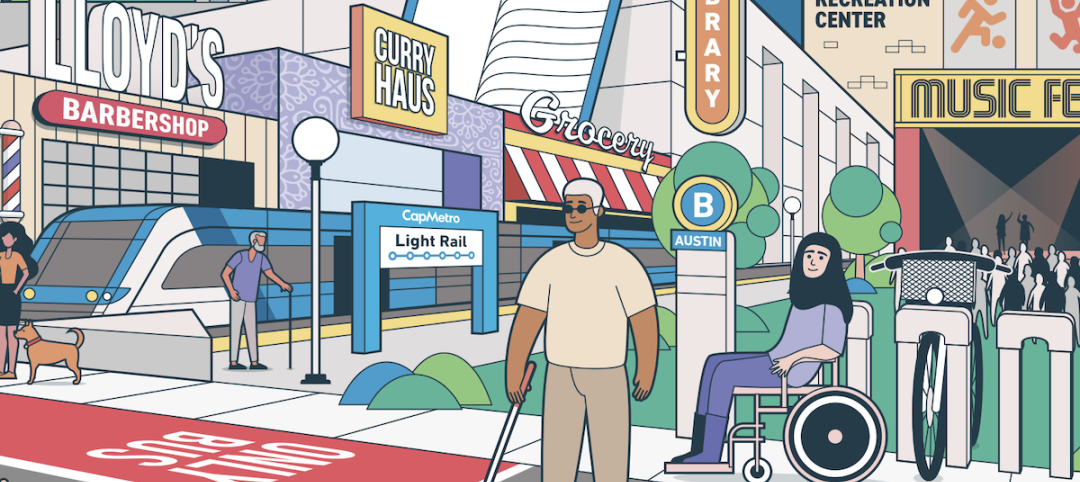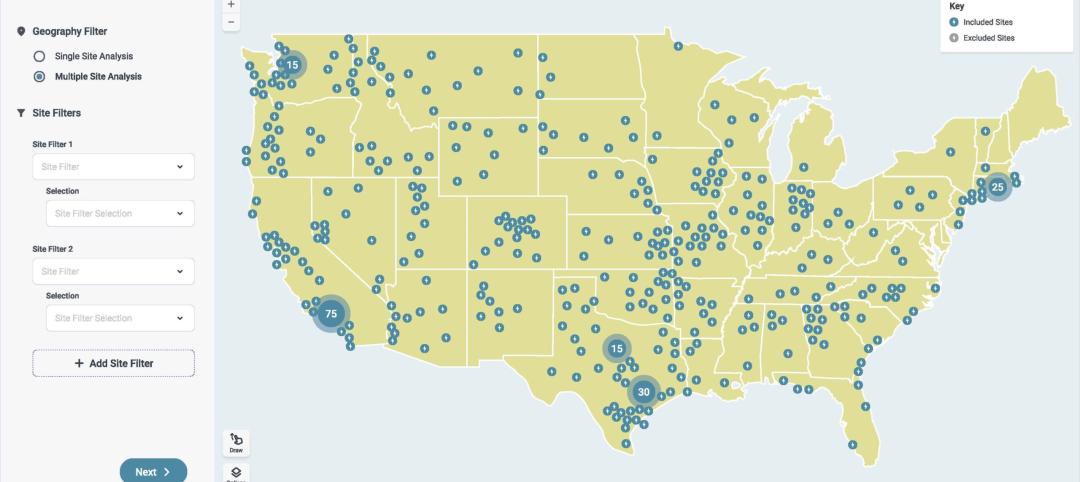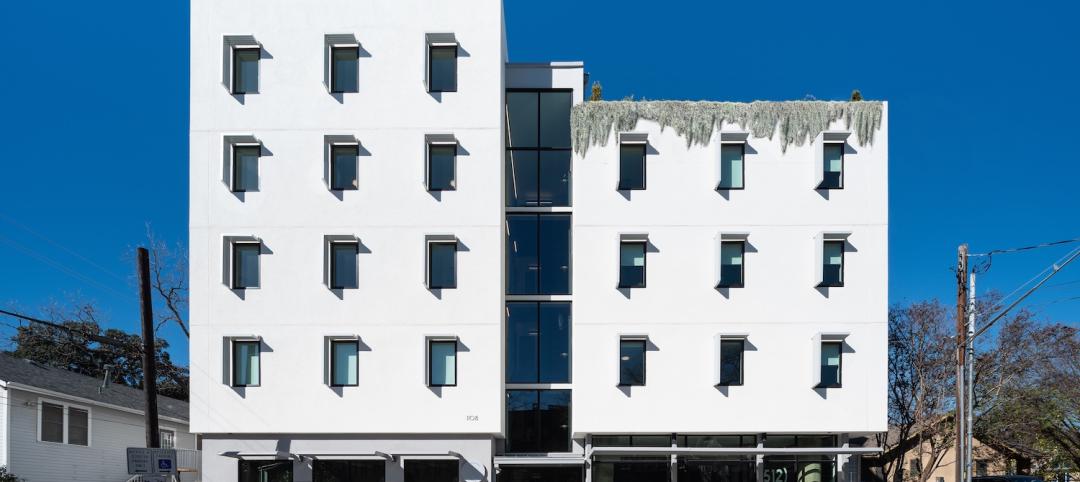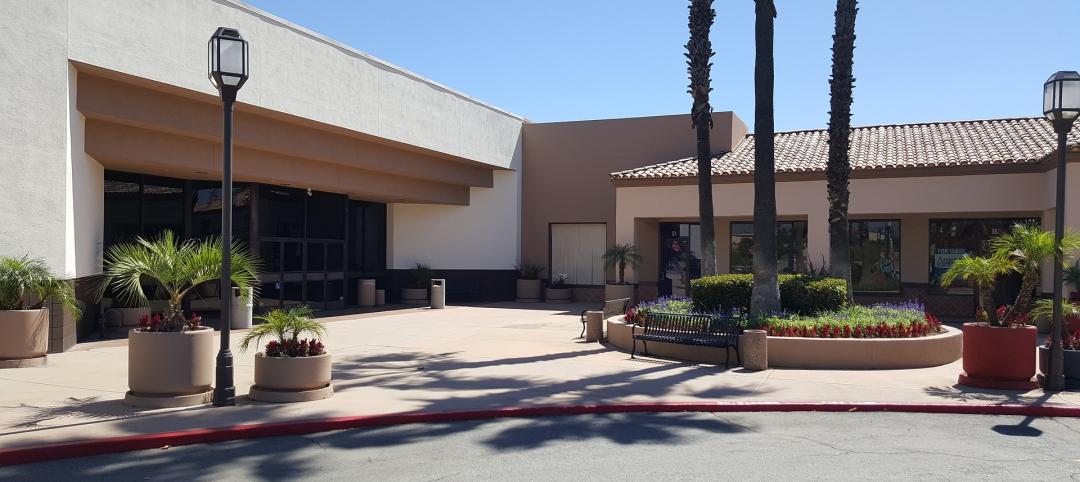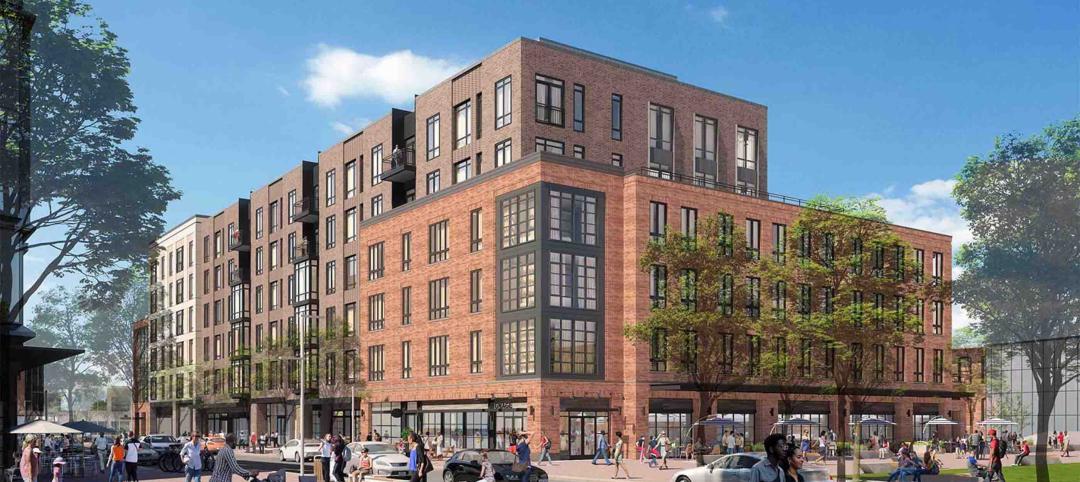The design and construction outlook for Multifamily Housing is again moving in the right direction, according to the PSMJ Resources’ Quarterly Market Forecast (QMF).
After a first quarter that saw the multifamily market suffer its lowest level of proposal activity in nearly a decade, PSMJ’s quarterly survey of architecture, engineering, and construction firm executives reported a +7% net plus/minus index (NPMI), up from the -2% recorded in the first three months of the year.
PSMJ’s NPMI expresses the difference between the percentage of firms reporting an increase in proposal activity and those reporting a decrease. The QMF has proven to be a solid predictor of market health for the AEC industry since its inception in 2003. A consistent group of over 300 firm leaders participate regularly, with 171 contributing to the most recent survey.
As unimpressive as multifamily’s second quarter NPMI is—particularly considering that it experienced seven consecutive years of quarterly NPMIs above 40% through the end of 2019—the upturn is significant. The market’s negative NPMI in the first quarter was its lowest since it capped 11 consecutive quarters of negative proposal opportunity growth with a -5% in the third quarter of 2010.
Multifamily Housing Market Proposal Activity – 1Q08 to 2Q20 (NPMI)
The multifamily rebound was part of overall improving conditions for most of the Housing market. Even with the COVID-19 crisis slowing down the overall economy, housing’s rebound may be driven in part by historically low mortgage interest rates.
Housing’s NPMI increased from -19% in the first quarter to +2% in the second quarter, making it one of only four major markets with a positive NPMI among the 12 assessed in PSMJ’s QMF. Water/wastewater (20%), energy/utilities (15%) and healthcare (10%) were the others.
Among the firms that work in the multifamily sector, 31% said that proposal activity increased in the second quarter, while 24% said it decreased. The remainder said the market was relatively flat.
PSMJ Senior Principal David Burstein, PE, AECPM, predicts that single-family housing will rebound faster and stronger than multifamily in the coming months.
“Overall, the housing market is very strong,” says Burstein. “For many years, this market has been dominated by multifamily housing as people moved into cities. Recently, that trend has reversed. Single-family housing in suburbs is now stronger than multifamily housing in large cities. This is even more true for new condominiums than for new apartment rental housing.”
Among housing’s other submarkets, single-family properties (individual) saw its NPMI improve from -31% in the first quarter to +9 in the second quarters.
Single-family developments remained well into the negative at -12%, but that was up from -28%.
Senior/assisted living ticked up from -3% to -1%, while condominiums continued to struggle (-28% in Q1 to -26% in Q2).
Related Stories
Transit Facilities | Dec 4, 2023
6 guideposts for cities to create equitable transit-oriented developments
Austin, Texas, has developed an ETOD Policy Toolkit Study to make transit-oriented developments more equitable for current and future residents and businesses.
Multifamily Housing | Nov 30, 2023
A lasting housing impact: Gen-Z redefines multifamily living
Nathan Casteel, Design Leader, DLR Group, details what sets an apartment community apart for younger generations.
Products and Materials | Nov 30, 2023
Top building products for November 2023
BD+C Editors break down 15 of the top building products this month, from horizontal sliding windows to discreet indoor air infusers.
Engineers | Nov 27, 2023
Kimley-Horn eliminates the guesswork of electric vehicle charger site selection
Private businesses and governments can now choose their new electric vehicle (EV) charger locations with data-driven precision. Kimley-Horn, the national engineering, planning, and design consulting firm, today launched TREDLite EV, a cloud-based tool that helps organizations develop and optimize their EV charger deployment strategies based on the organization’s unique priorities.
MFPRO+ Blog | Nov 27, 2023
7 ways multifamily designers can promote wellness in urban communities
Shepley Bulfinch's Natalie Shutt-Banks, AIA, identifies design elements that multifamily developers can use to maximize space while creating a positive impact on residents and the planet
MFPRO+ New Projects | Nov 21, 2023
An 'eco-obsessed' multifamily housing project takes advantage of downtown Austin’s small lots
In downtown Austin, Tex., architecture firm McKinney York says it built Capitol Quarters to be “eco-obsessed, not just eco-minded.” With airtight walls, better insulation, and super-efficient VRF (variable refrigerant flow) systems, Capitol Quarters uses 30% less energy than other living spaces in Austin, according to a statement from McKinney York.
MFPRO+ News | Nov 21, 2023
California building electrification laws could prompt more evictions and rent increases
California laws requiring apartment owners to ditch appliances that use fossil fuels could prompt more evictions and rent increases in the state, according to a report from the nonprofit Strategic Actions for a Just Economy. The law could spur more evictions if landlords undertake major renovations to comply with the electrification rule.
MFPRO+ News | Nov 21, 2023
Underused strip malls offer great potential for conversions to residential use
Replacing moribund strip malls with multifamily housing could make a notable dent in the housing shortage and revitalize under-used properties across the country, according to a report from housing nonprofit Enterprise Community Partners.
MFPRO+ News | Nov 21, 2023
Renters value amenities that support a mobile, connected lifestyle
Multifamily renters prioritize features and amenities that reflect a mobile, connected lifestyle, according to the National Multifamily Housing Council (NMHC) and Grace Hill 2024 Renter Preferences Survey.
Sustainability | Nov 20, 2023
8 strategies for multifamily passive house design projects
Stantec's Brett Lambert, Principal of Architecture and Passive House Certified Consultant, uses the Northland Newton Development project to guide designers with eight tips for designing multifamily passive house projects.


